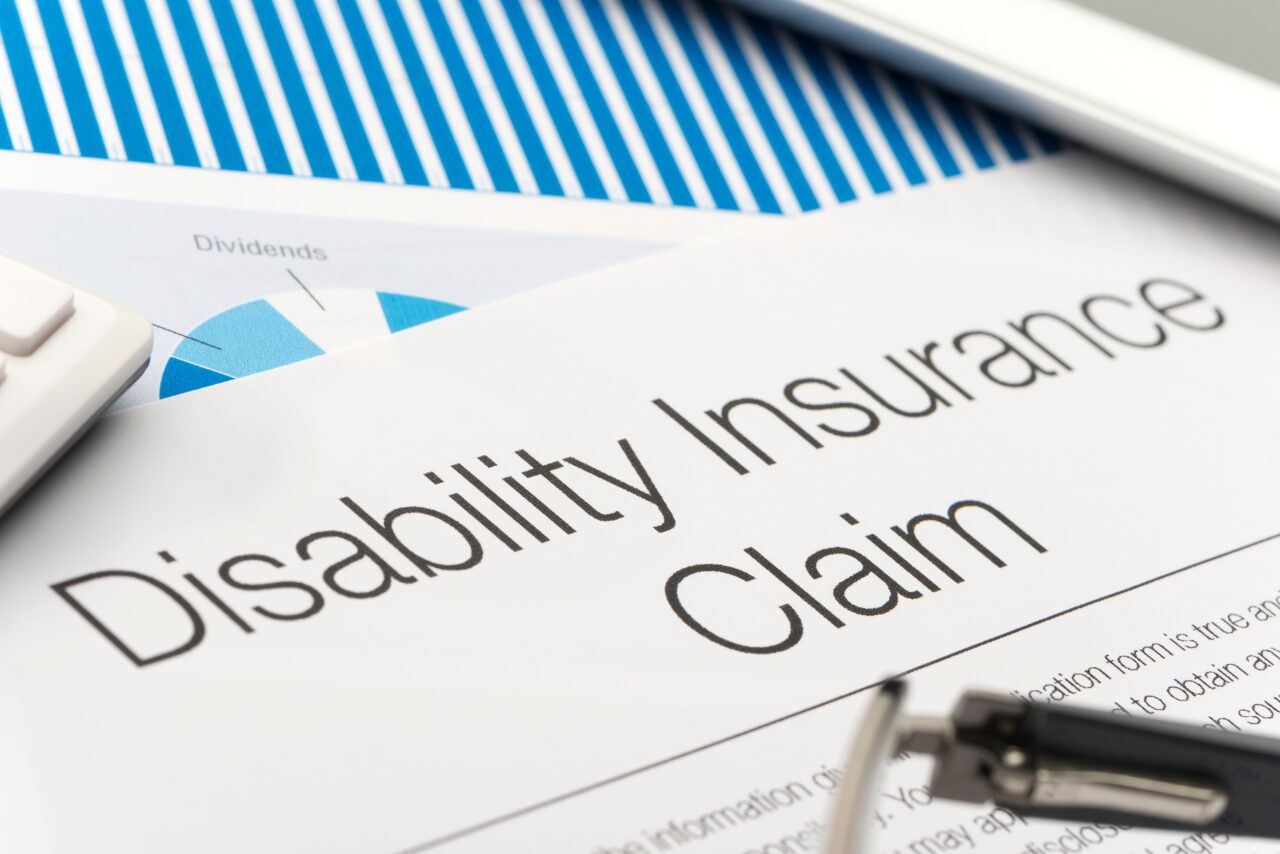
Is OCD A Disability?
Obsessive-compulsive disorder (OCD) is a complex mental health condition affecting millions of people worldwide. While often misunderstood, OCD can significantly impact daily life, interfering with work, school, relationships, and overall well-being. But is OCD considered a disability?
The answer depends on the severity of the condition and its impact on essential life activities. This article explores OCD as a potential disability, its recognition under legal frameworks, and the support options available to those affected.
If you or a loved one is struggling with OCD, take the first step towards healing! Reach out today by heading to our admissions page or calling us now.
What Is OCD?
Obsessive-compulsive disorder is characterized by two primary components:
- Obsessions: Persistent, unwanted thoughts, images, or urges that trigger significant anxiety or distress.
- Compulsions: Repetitive behaviors or mental acts performed to reduce the anxiety caused by obsessions.
Common manifestations of OCD include fear of contamination, compulsive checking, an obsession with symmetry, or intrusive thoughts. These behaviors often lead to a vicious cycle, where obsessions drive compulsions that provide temporary relief but perpetuate the disorder over time.
Is OCD Considered a Disability?
OCD is recognized as a disability under certain conditions, particularly when it significantly impairs an individual’s ability to perform essential life activities. Here are some key considerations:
Legal Protections Under the ADA:
-
- The Americans with Disabilities Act (ADA) classifies OCD as a disability if it substantially limits one or more major life activities, such as working, learning, or caring for oneself.
- This classification ensures that individuals with OCD are entitled to reasonable accommodations in the workplace or educational settings.
Social Security Disability Benefits:
-
-
To qualify for Social Security Disability Insurance (SSDI) or Supplemental Security Income (SSI), a person with OCD must demonstrate that the condition prevents them from maintaining gainful employment.
- Medical documentation and proof of treatment are typically required to support the application.
-
Educational Accommodations:
-
- Students with OCD may be eligible for individualized education plans (IEPs) or 504 plans under the Individuals with Disabilities Education Act (IDEA).
- These accommodations might include extended test-taking time, access to a quiet room, or modified assignments.

How Does OCD Affect Daily Life?
OCD often extends far beyond the stereotypes portrayed in media. Its impacts can be seen in every facet of life:
- Workplace Challenges: Frequent intrusive thoughts or compulsions can disrupt productivity and lead to difficulty meeting deadlines.
- Personal Relationships: OCD-related behaviors may cause tension or misunderstandings with loved ones.
- Health and Self-Care: The condition can lead to neglect of physical health due to time-consuming rituals or overwhelming anxiety.
Can OCD Be Effectively Managed?
While OCD can be debilitating, it is also highly treatable with the right interventions. Here are some common strategies for managing OCD:
Therapy:
-
- Cognitive-behavioral therapy (CBT): This is one of the most effective treatments for OCD, focusing on identifying and altering unhelpful thought patterns and behaviors.
- Exposure and Response Prevention (ERP): A specific type of CBT that involves gradually exposing individuals to anxiety-provoking situations without engaging in compulsions.
Medication:
-
- Selective serotonin reuptake inhibitors (SSRIs) are commonly prescribed to help reduce the symptoms of OCD.
- Medications can be used alone or in combination with therapy for optimal results.
Lifestyle Changes:
-
- Practicing mindfulness, maintaining a healthy routine, and engaging in physical activities can help alleviate stress and improve overall mental health.
Support Systems:
-
- Joining support groups or seeking counseling for families and caregivers can provide additional layers of support and understanding.
When Should You Seek Help?
If OCD symptoms begin to interfere with daily life, it’s important to seek professional help. Early intervention can prevent the condition from worsening and help individuals regain control over their lives.
Some signs that it’s time to consult a mental health professional include:
- Persistent anxiety or distress due to intrusive thoughts.
- Compulsions that take up a significant portion of your day.
- Difficulty functioning at work, school, or in relationships.
- Co-occurring mental health conditions, such as depression or anxiety disorders.
Why Choose Lake Ave Recovery?
At Lake Ave Recovery Center in Massachusetts, we specialize in providing comprehensive care for individuals with OCD and other mental health conditions. Our team of experienced professionals is committed to helping you navigate the challenges of OCD and find a path toward recovery.
- Individualized Treatment Plans: We tailor our programs to meet the unique needs of each client, ensuring a personalized approach to care.
- Supportive Environment: Our facility fosters a safe and welcoming space where clients can focus on healing and growth.
- Holistic Approach: In addition to therapy and medication management, we emphasize holistic wellness, including nutrition, mindfulness, and physical health.

Call Us At Lake Avenue Today
While OCD can be a challenging condition to live with, it is manageable with the right resources and support. Recognizing OCD as a potential disability can open doors to accommodations, benefits, and treatment options that make daily life more manageable. If you or a loved one is struggling with OCD, know that help is available. Lake Ave Recovery is here to support you on your journey toward improved mental health and well-being.
Call us today or visit our admissions page to learn more about our programs and services. Together, we can develop a treatment plan that empowers you to live a fulfilling life, free from the constraints of OCD.
